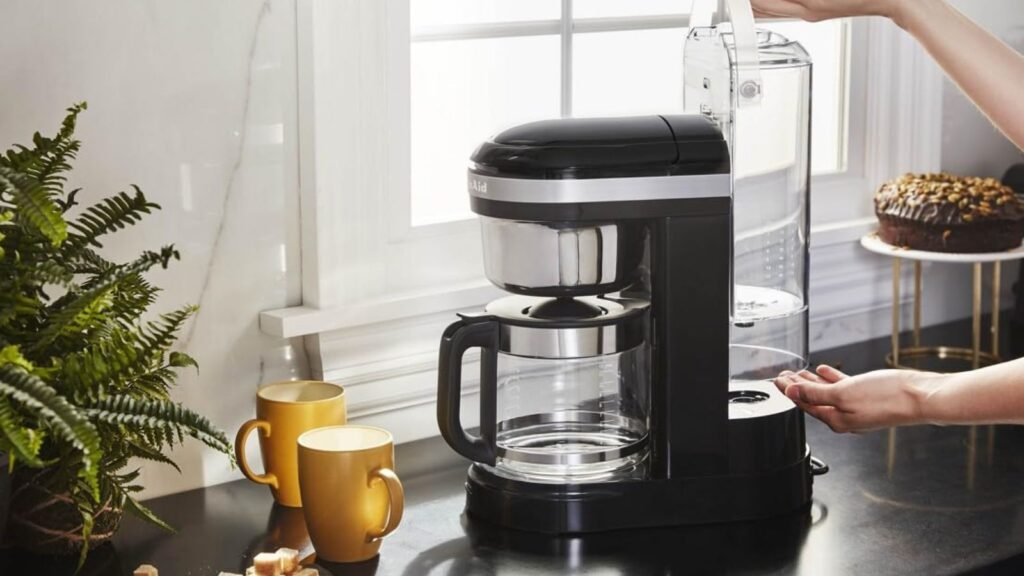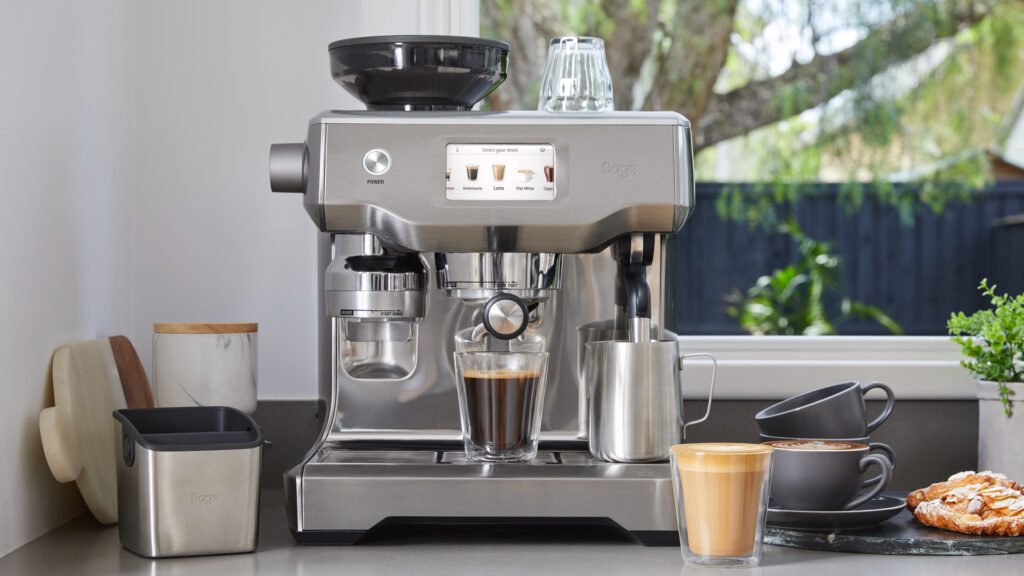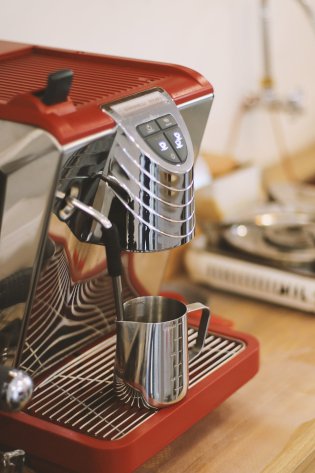How do I know when to replace my coffee maker?
It’s a question many coffee enthusiasts find themselves asking at some point. The coffee maker is a staple in most kitchens, producing that much-needed brew each morning or whenever a caffeine fix is in order. But like any appliance, it won’t last forever. Figuring out when it’s time to make the switch can be tricky, but understanding the signs can help you make a better decision.
Understanding the Average Lifespan of a Coffee Maker
Coffee makers are not designed to last a lifetime. It’s essential to know the average lifespan to set your expectations correctly. Most coffee makers last about 5 to 10 years, depending on the type, the brand, and how frequently you use it. Some high-end coffee makers might stretch beyond that, but the average remains within this range. Knowing this can give you a benchmark to evaluate whether your coffee maker has served its time.
Factors Influencing Lifespan
- Frequency of Use: Daily use might mean a shorter overall lifespan.
- Brand Quality: Premium brands often use better components that could last longer.
- Maintenance: Regular cleaning and descaling can extend the life of your machine significantly.
- Type of Coffee Maker: Drip machines might have a different lifespan compared to pod-based or espresso machines.
Signs Your Coffee Maker Needs Replacement
Identifying the signs that your coffee maker is on its last legs can save you from a morning disaster when it refuses to brew. Here are the telltale signs:
Poor Coffee Quality
If your coffee tastes off, it might not be the beans. Over time, mineral deposits from water can build up, affecting the taste. While regular cleaning can help, persistent poor taste could mean it’s time for a new machine.
Longer Brew Times
If your coffee maker takes significantly longer to brew than when you first bought it, it’s a sign that the internal components may be wearing out. A slow-brewing coffee maker could be struggling and might soon break down completely.
Noisy Operation
While a little noise is normal, an excessively loud coffee maker might be worth replacing. Unusual sounds can indicate mechanical problems that signal an impending failure.
Leaks and Spills
Water leaks are a serious indication that it’s time to say goodbye to your old coffee maker. This could be due to damaged seals or cracks within the system that are not worth repairing.
Frequent Malfunctions
If your coffee maker has frequent hiccups—whether it’s refusing to start, shutting off unexpectedly, or simply not brewing right—it’s more hassle than it’s worth, and replacement might be the best option.
Obsolete or Damaged Parts
Sometimes, the issue isn’t the coffee maker itself but the availability of replacement parts. If the components are discontinued or the cost of replacement exceeds the value of the machine, it’s a sign to upgrade.

Comparing Coffee Maker Types
Different types of coffee makers may have varying lifespans and performance. Understanding the types can help you decide if it’s worth repairing your current machine or going for a new one.
| Type of Coffee Maker | Average Lifespan | Key Features | Common Issues |
|---|---|---|---|
| Drip Coffee Maker | 5-7 years | Convenient, Easy | Mineral build-up, Longer brew times |
| Single-Serve Pod | 3-5 years | Quick, Single cup | Pod availability, Plastic parts degrading |
| Espresso Machine | 7-10 years | High-quality brew | Complex maintenance, Part availability |
| French Press | 4-6 years | Manual brewing | Glass breakage, Filter wear and tear |
| Percolator | 5-10 years | Strong coffee | Over-brewing, Mechanical malfunctions |
Maintenance Tips to Extend Lifespan
Before deciding to replace your coffee maker, ensuring it receives proper care might extend its life and delay the need for a new purchase.
Regular Cleaning
Regularly cleaning your coffee maker can prevent build-up of oils and mineral deposits, keeping your coffee tasting fresh and the machine running smoothly.
Descaling
Descaling involves removing mineral deposits using a descaling solution or a mixture of vinegar and water. This should be done every few months, especially if you have hard water.
Proper Storage
Store your coffee maker in a dry location to avoid moisture damage and always make sure it’s turned off and unplugged when not in use.

Evaluating Your Coffee Maker’s Efficiency
Efficiency is a key component to consider. Assessing the energy consumption and brewing efficiency can help you decide whether it’s time for an upgrade.
Energy Consumption
Older coffee makers tend to consume more power, adding unnecessary bucks to your utility bills. Modern coffee makers are more energy-efficient and could save you money in the long run.
Brew Efficiency
A machine that consistently brews a good cup of coffee each time is efficient. If you notice inconsistencies in your brew, from under-extraction to over-extraction, it may signal a decline in the machine’s effectiveness.
Upgrading for Better Features
Coffee makers have come a long way with new technology offering ease and enhanced brews. Sometimes upgrading isn’t just about replacement but opting for better features.
Programmable Settings
Newer models come with programmable settings allowing you to set your brew the night before and wake up to fresh coffee.
Advanced Brewing Techniques
Modern machines offer advanced brewing techniques like pre-infusion, variable brew strengths, and temperature controls which significantly improve your coffee experience.
Smart Technology
Smart coffee makers that connect to your phone via an app can be controlled remotely, providing convenience that older models lack.

Budget Considerations
Your budget is a crucial factor when deciding to replace your coffee maker. Analyzing the cost vs. benefit can help you make an informed decision.
Cost of New Machine
The range in prices can vary greatly. Understanding what you’re willing to spend is the first step. High-end models can offer more durability and features but at a higher cost.
Cost of Repairs
Evaluate if the cost of repairing the old machine is close to or exceeds the cost of a new machine. In some cases, small repairs might give more life to your coffee maker.
Environmental Impact
Before discarding your old coffee maker, consider the environmental impact. Recycling or donating your old machine is a more sustainable choice than just tossing it in the trash.
Recycling Programs
Many manufacturers offer recycling programs for old coffee makers, ensuring that the materials are reused or disposed of responsibly.
Donating
If your coffee maker still functions but you just want an upgrade, consider donating it to thrift stores, community centers, or friends in need.

Personal Preferences and Usage
Your coffee preferences and usage have likely evolved since your first purchase. Your current needs might necessitate a different type or feature in a coffee maker.
Changing Tastes
If you’ve developed a taste for more sophisticated coffee brews, it might be time to upgrade to a machine that offers advanced brewing options.
Household Size
A bigger household might require a coffee maker with a larger capacity or one that can quickly brew multiple servings.
Practical Steps for Replacement
When you’ve decided it’s time to replace your coffee maker, following some practical steps can make the transition smoother.
Research
Start by researching different brands and models. Look for reviews, compare features, and consider your current and future needs.
Buy From Reputable Sources
Purchasing from reputable retailers can ensure your coffee maker is genuine and may offer better warranty and support services.
Check Warranty
Always check the warranty details for the new coffee maker. A good warranty could save you from additional costs if the machine has defects or issues.

Conclusion
Knowing when to replace your coffee maker involves looking at various factors from its performance, and lifespan to your personal needs and environmental considerations. By understanding these aspects and making informed decisions, you ensure that your coffee routine remains enjoyable and hassle-free. Remember, a good coffee maker is an investment that starts your day off right, so pay attention to the signs and upgrade when necessary.
